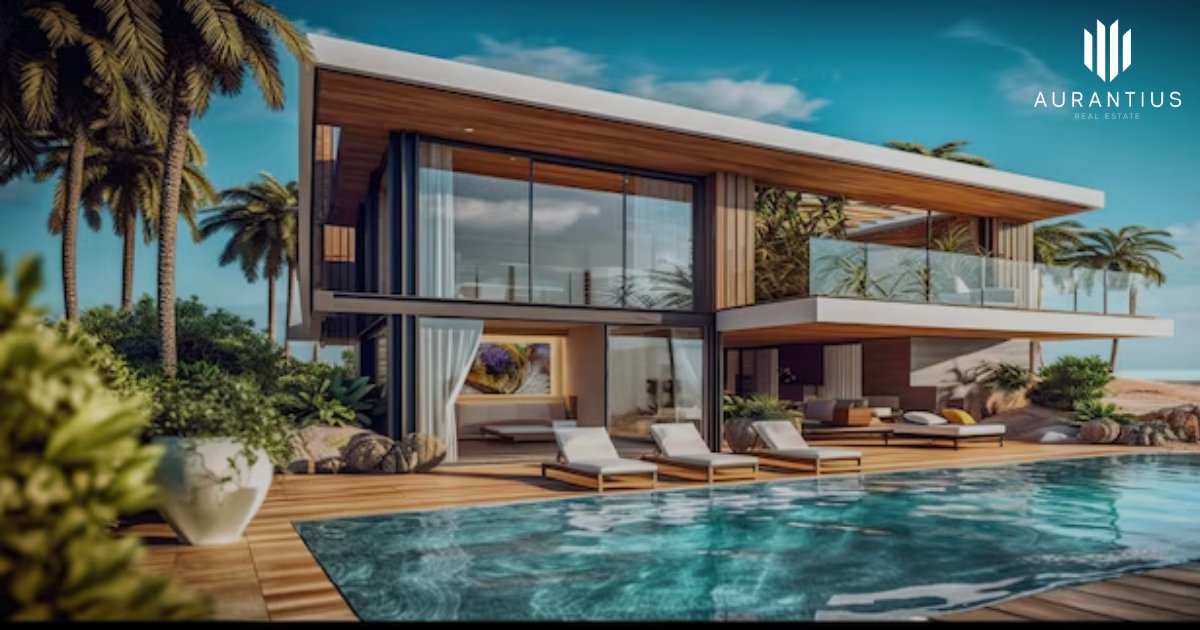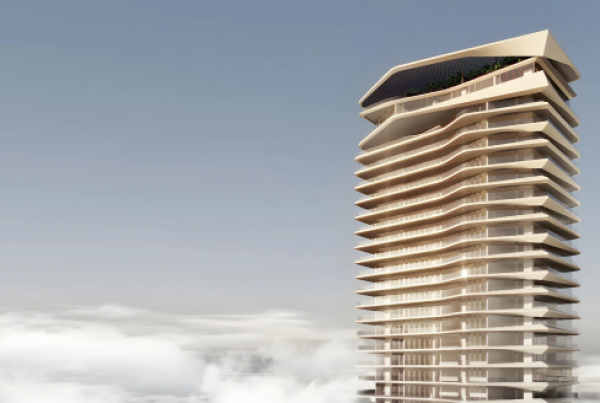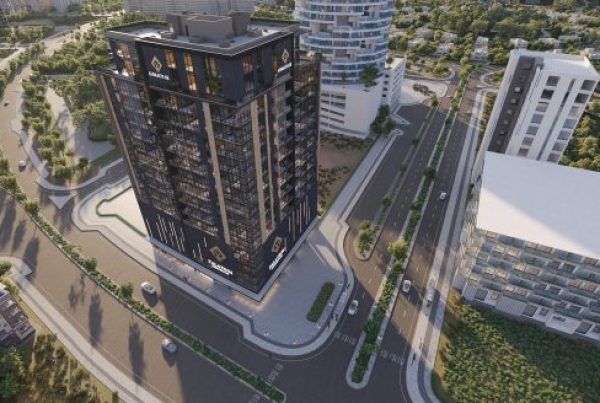Dubai Villa Prices Triple Since the Pandemic as Market Enters a New Phase
Dubai real estate market continues to demonstrate resilience and long-term strength, though recent data indicates a gradual shift toward moderation. According to the Q3 2025 Dubai Real Estate Review by consultancy ValuStrat, villa prices have nearly tripled since 2020, while some premium communities have seen values increase fourfold. Despite this impressive run, the pace of capital gains is easing as rents stabilise and ready-home transactions decline.
“Since the pandemic, villa values have generally tripled, and in some prime communities, even quadrupled,” said Haider Tuaima, Managing Director and Head of Real Estate Research at ValuStrat. “Villas continue to outperform apartments by a significant margin, supported by limited supply in highly sought-after locations.”
Market Performance and ValuStrat Price Index
The ValuStrat Price Index (VPI) for Dubai’s residential sector rose by 21.3% year-on-year in Q3 2025 — a slowdown from 23.9% in Q2 and 28.9% in Q3 2024. On a quarterly basis, the index increased 4.4% to reach 230.6 points, benchmarked to a base of 100 in Q1 2021. Villas continued to lead the market, reaching 307.5 points, up 26.4% annually and 5.5% quarterly. Apartments recorded 16.1% annual and 3.3% quarterly growth, reaching 180.4 points.
Among standout performers, Jumeirah Islands and Palm Jumeirah recorded the strongest quarterly villa price growth of 7.8%, reinforcing their reputation as Dubai’s premier residential enclaves.
Sales and Market Activity
While prices remain elevated, ready-home transactions have dipped. The volume of ready property sales declined by 9.1% quarter-on-quarter and 3.4% year-on-year to 12,451 transactions. The average ticket size for these homes fell by 2.8% to AED 2.6 million, though this remains 13.6% higher than in 2024. Analysts attribute this decline to affordability pressures and buyers shifting toward off-plan opportunities.
In contrast, off-plan sales surged to record highs, with more than 44,890 transactions registered in Q3 2025 — up 25.6% from Q2 and 36.2% from the same period last year. These accounted for 77% of total residential transactions, representing an investment value of AED 108 billion and an average unit price of AED 2.3 million. This surge underscores Dubai’s strong developer pipeline and investor confidence in long-term growth.
Rental Trends: Stability Returns
After years of rapid escalation, Dubai’s rental market is stabilising. The VPI for residential rents rose 4.7% year-on-year but remained flat quarter-on-quarter at 201.6 points. Villas now average annual rents of AED 429,500, while apartments stand at AED 96,300 — up 3.5% and 5.6% respectively. “Villa rents, having more than doubled since the pandemic, are nearing affordability ceilings,” said Tuaima. “Meanwhile, apartments are catching up after two years of steady demand growth.”
Construction Pipeline and Supply Outlook
Dubai continues to deliver robust housing supply. As of Q3 2025, 24,000 new homes have been handed over, with the year-end total expected to exceed 27,000 units. The development pipeline remains strong, with 158,854 apartments and 40,173 villas scheduled for completion by 2029. Communities such as Dubai Hills Estate, Tilal Al Ghaf, and Al Barari are leading upcoming deliveries, balancing long-term supply against rising population growth.
Prime Market Dynamics
Properties priced above AED 2,000 per square foot continue to perform exceptionally well. The prime residential VPI climbed 22.4% year-on-year and 4.6% quarter-on-quarter, with prime villas up 29.2% annually to 321.6 points. In particular, Palm Jumeirah and Emirates Hills have seen prices triple since 2021, while Jumeirah Islands recorded a fourfold increase. Prime apartments rose by 16.2% annually to reach 193.6 points.
Outlook: Maturity and Sustainability Ahead
Market analysts suggest that Dubai’s residential sector is entering a mature phase, marked by moderation and sustainability. “Residential capital growth momentum has been easing over the past 12 months,” said Tuaima. “However, fundamentals remain strong — particularly in the villa segment, where supply constraints continue to uphold value.”
With Dubai’s population surpassing 4 million residents and the economy forecast to grow by 4.9% in 2025, the city remains one of the world’s most dynamic real estate hubs. The key challenge ahead will be maintaining balance between affordability, new supply, and continued investor confidence — ensuring Dubai’s property market evolves from a fast-growing boom cycle to a sustainably thriving ecosystem.











